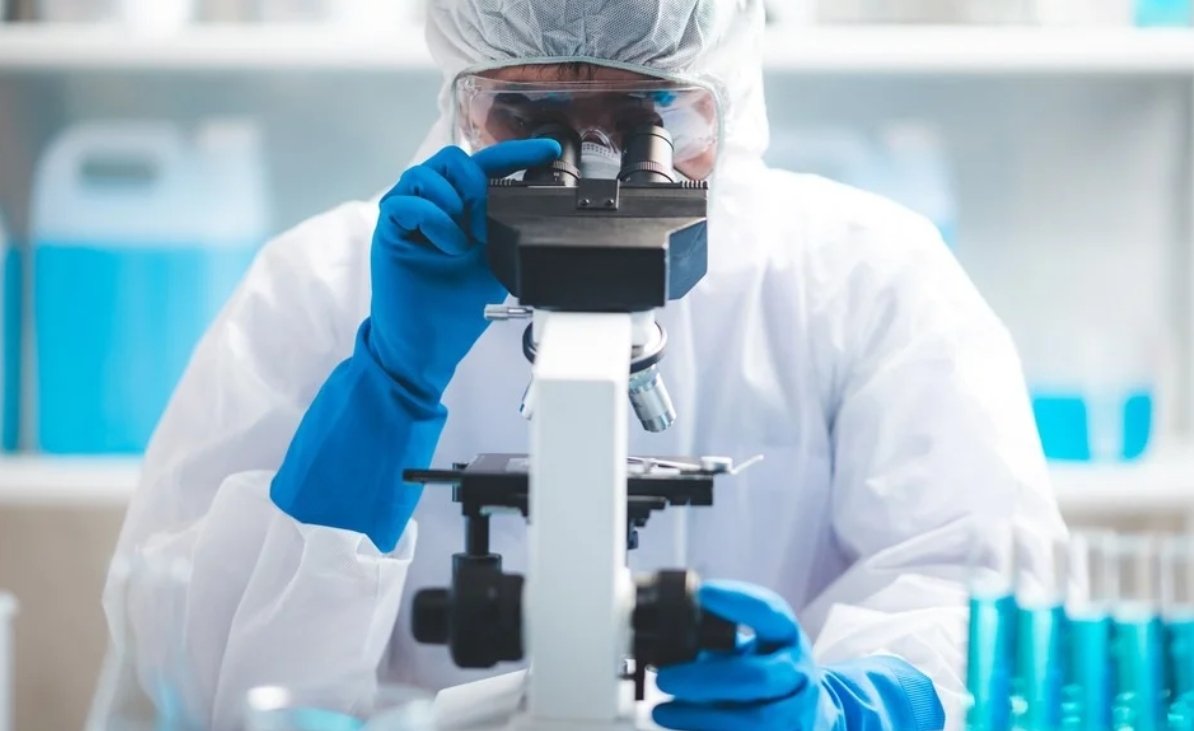LPU study opens new avenues for cancer research and treatment
August 27, 2025 | Wednesday | News
Setting the stage for future research projects
image credit- shutterstock
Researchers at Lovely Professional University (LPU), in collaboration with the University of Kashmir, have successfully achieved a breakthrough milestone in cancer research by developing an in-vivo colorectal cancer (CRC) rat model. The model provides a robust platform for testing new chemopreventive agents, understanding the molecular basis of CRC, and exploring potential therapeutic interventions.
“The development of this CRC rat model is a pioneering effort that has opened new avenues for cancer research and will allow for in-depth studies on the mechanisms of colorectal cancer development, progression, and metastasis, which were previously not possible within our facilities,” the research team said. The implications of this development are profound, as a it sets the stage for future research projects that can lead to significant advancements in cancer treatment and prevention.
The current study titled ‘Studies on the Ameliorative Potential of Rheum Webbianum Rhizome Extracts on 1,2-Dimethylhydrazine (DMH) Induced Colorectal Cancer and Associated Hepatic and Haematological Abnormalities in Swiss Albino Rats’, has made noteworthy contributions to the field. This groundbreaking work received international recognition and has been accepted for publication in the prestigious Journal of Ethnopharmacology, Elsevier.
Several experts have appreciated the research as a valuable contribution to ethnopharmacology and cancer research, highlighting its comprehensive investigation, use of both in-vitro and in-vivo CRC models, and promising findings on the chemopreventive potential of RW extracts. The study investigates the chemopreventive potential of Rheum webbianum (RW) rhizome extracts on DMH-induced colorectal cancer in Swiss albino rats.
The findings successfully demonstrate the ameliorative potential of RW rhizome extracts on colorectal cancer and associated hepatic and haematological abnormalities, highlighting its potential as a natural chemopreventive agent.









